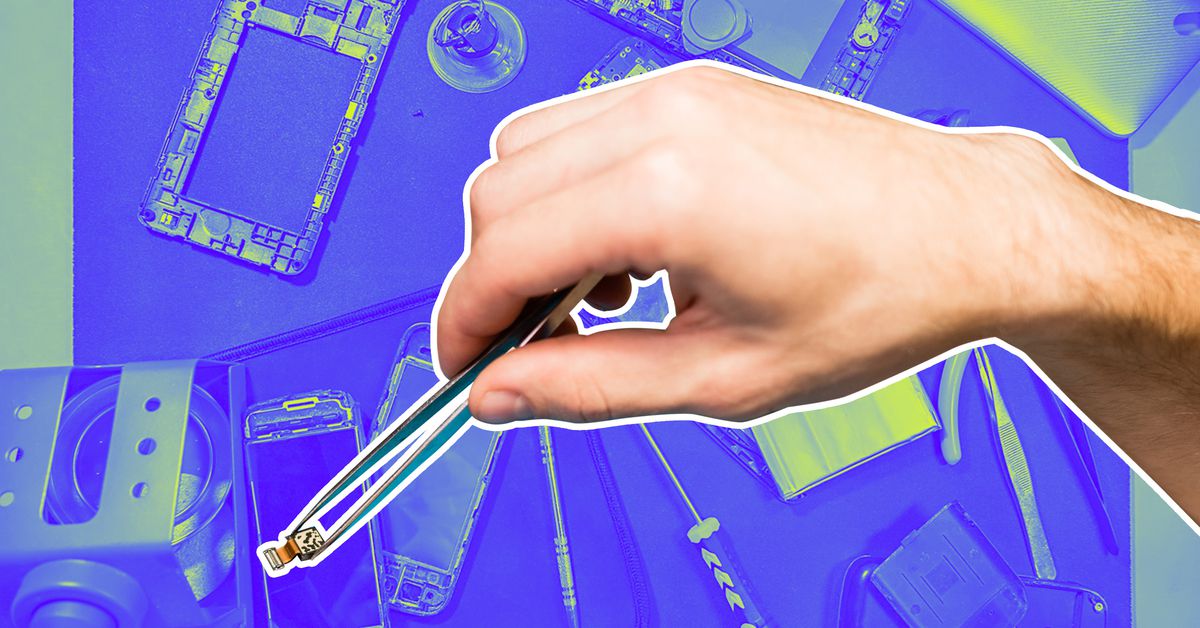
Last year was a big one for the right-to-repair movement, with California and other states passing laws that promised consumers they can fix their own stuff — or take that stuff to a third-party repair shop without breaking their warranty or their gadgets. This year, more states are considering laws to the same effect, and the tech industry appears to be more behind the effort than ever. (Some companies appear to be only begrudgingly behind it, but it’s a win for the movement nonetheless.)
But whenever you ask about the state of the right-to-repair fight, you tend to hear a lot of optimism and then two scary-sounding words: parts pairing. Those words, and what they mean for your ability to actually fix your stuff, are what might be holding back a true repair revolution.
On this episode of The Vergecast, we dig into the current right-to-repair moment, looking at bills in Oregon and elsewhere while trying to figure out what the new laws actually mean for repair shops around the US. We also explain why parts pairing exists — why companies are digitally attaching parts to one another so that you can’t just attach one iPhone screen to another iPhone — and whether it’s a problem or a solution.
Then, we chat about Microsoft’s Xbox news from last week — and why the actual news was just the tip of the future-of-gaming iceberg. Finally, we answer a question from the Vergecast hotline (866-VERGE11, or email vergecast@theverge.com!) about whether the streaming industry’s password crackdown is really going to work.
If you want to read more on everything we covered in this episode, here are a few links to start with, beginning with the right to repair:
And on the password crackdown:
https://www.theverge.com/24078212/right-to-repair-xbox-game-pass-cloud-vergecast

